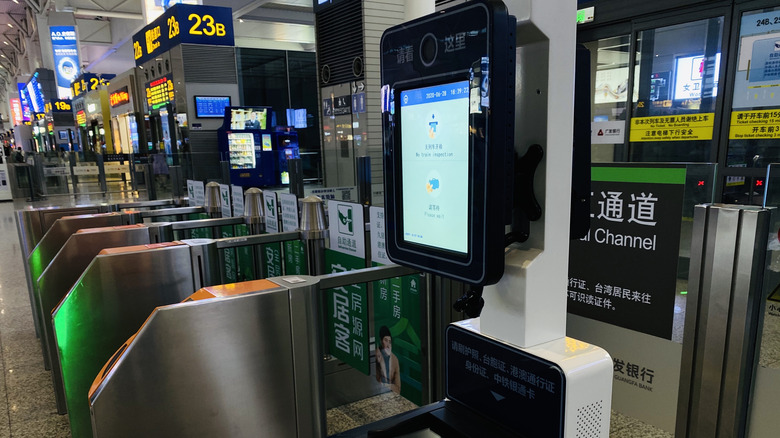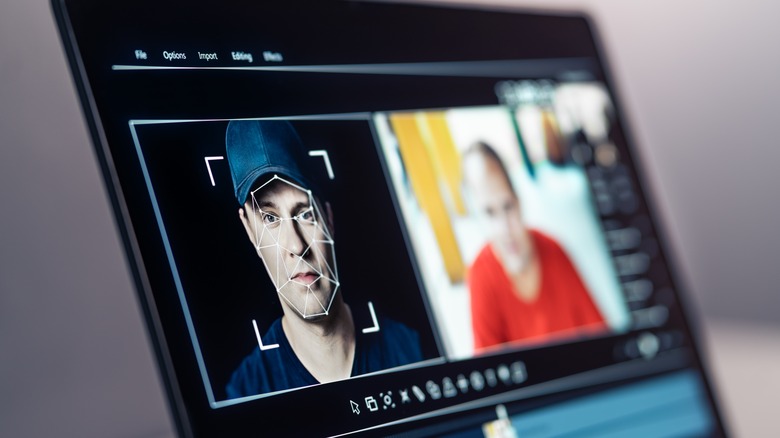How to enroll in NextGen Identity+
The one-time tech upgrade is free and it comes in two parts. First, as an enrolled member, you will find an email from Clear asking you to create a password and verify your phone number. While all members must have a phone number linked to their name, in the future, you’ll be able to avail of the technology using just your passport.
The second part takes place at the airport. The next time you fly, head to a Clear enrollment center, which you’ll find next to a security checkpoint. Pose for a new photo and show a valid form of identification, like a driver’s license, state-issued ID, or passport. According to an explainer on the Clear website, your passport is the best option. This process should only take a couple of minutes. Once you’re upgraded in the system, you’ll get an email notification as confirmation and will be able to use facial recognition software on all future travels through participating airports.
Facial recognition will eventually be airport standard

While the NextGen Identity+ won’t be available at all airports right away, the registration process is required to keep using Clear Plus. Currently, the program is available at 54 airports in America and serves 17 million members. The price of a membership is $189 per year, but some credit cards and airlines cover the cost or offer a discount, like American Express and United Airlines.
Clear is not the first to roll out facial recognition technology and it won’t be the last. Global Entry has facial recognition installed at 15 airports. Additionally, the U.S. Customs and Border Patrol uses it at 46 airports, with 300 million travelers processed so far. The TSA is running a pilot program with facial recognition at 25 airports. So far, there’s a 97% efficacy rate, but there’s still a few kinks to work out. The agency hopes to see facial recognition technology implemented across 400-plus airports in the coming years. Whether you love the technology or loathe it, one thing is clear: the future is here.

